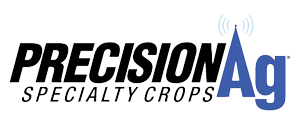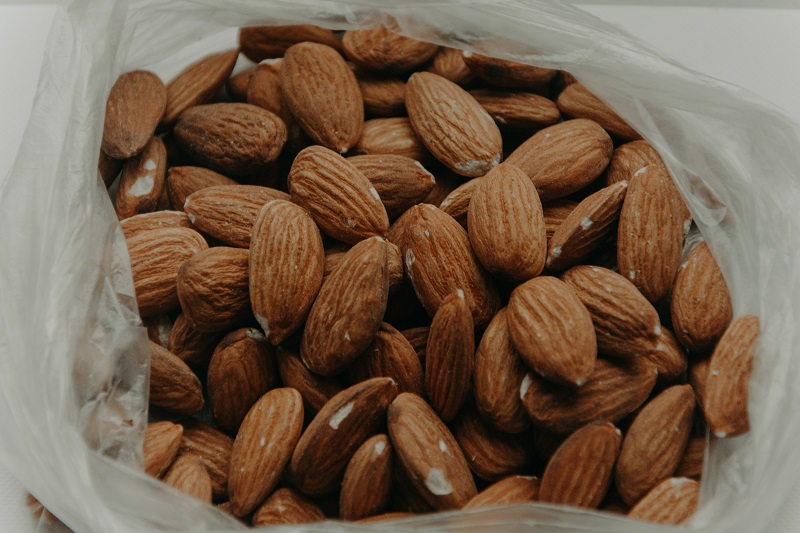Operation Size a Challenge to Implementing Precision Agriculture
 Smaller growers frequently say their operations just aren’t big enough to implement precision agriculture. For example, this Midwestern grower repeated a common refrain.
Smaller growers frequently say their operations just aren’t big enough to implement precision agriculture. For example, this Midwestern grower repeated a common refrain.
“Because of our small size, it is hard to justify,” he wrote. “You did not want cost to be the answer, but it is. Also, I am older and feel a little out of touch with some new things.”
So we asked the following question and got a number of interesting responses: If a fellow grower told you that precision ag tools offer no tangible benefits, how would you reply?
“To each his own. I use all the tools at my disposal to make the best decisions for farm management and profitability. Ignoring the use of affordable, modern technology and information resources creates a gap in best management practices in a time when every possible management edge is critical for profitability.” – Northeastern Grower
 “I would have to listen first. But different tools do different tasks. Of the thousands of apps available for a phone, only a few are really useful to any individual. The same is true in all spectrums be it farming, processing, manufacturing, or interior design. And in some cases, the tool is only as good as the user.” – Western Grower
“I would have to listen first. But different tools do different tasks. Of the thousands of apps available for a phone, only a few are really useful to any individual. The same is true in all spectrums be it farming, processing, manufacturing, or interior design. And in some cases, the tool is only as good as the user.” – Western Grower
“Not every tool will work for every operation. But find the ones that provide benefit for you. Less inputs? Or better decisions? Or less time and effort to complete a task. Better quality and yield from less acres. Start simple (check your rain gauge from your phone — in bed) and go from there.” – Northeastern Grower
“Precision ag tools are just like any other tool. Some provide enormous value, and some are just fun to have. I love my backhoe, but I couldn’t make it through one summer day without my shovel. One is efficient when in use, and marvelous at diggin’ big holes, while the other is simply invaluable.” – Western Grower
“If they feel that way it probably won’t work for them. And remember, it is not always good to be the first to adopt a new technology, but you should not always be the last.” – Northeastern Grower









